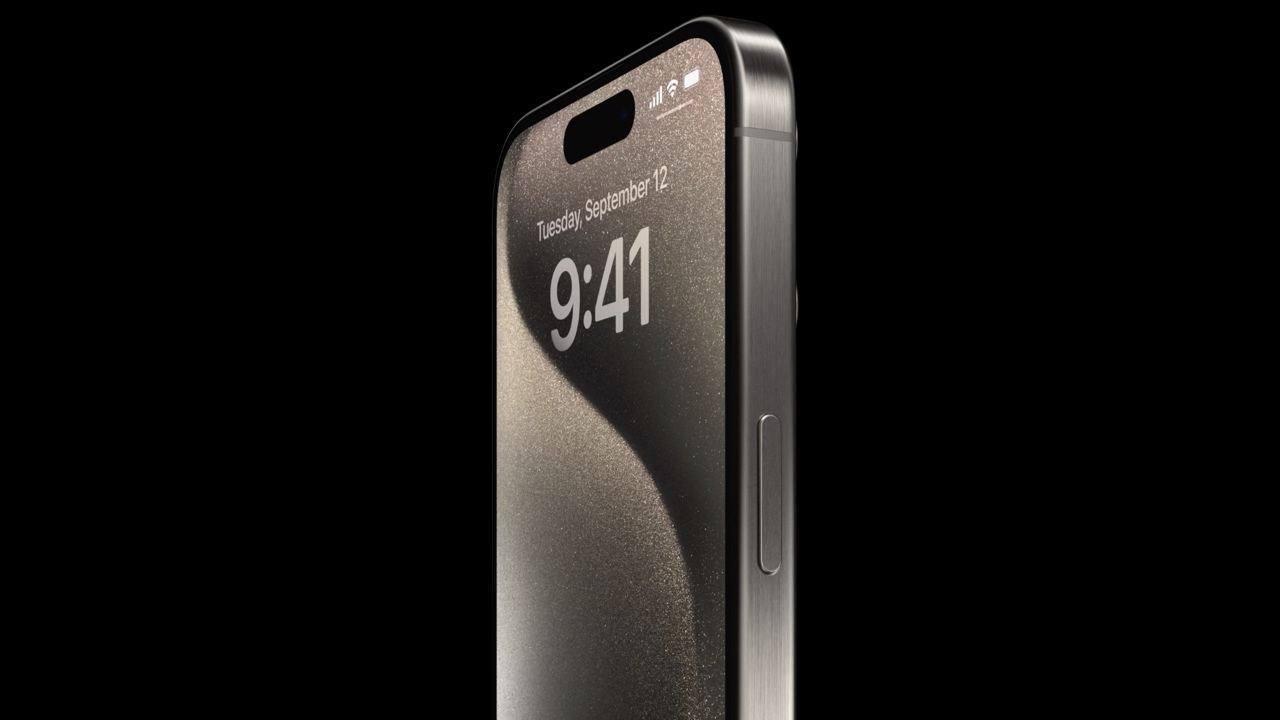The iPhone 16 promises even thinner bezels thanks to new BRS technology

Even thinner bezels around the display are expected in the new iPhone 16. Information has emerged that Apple intends to use a new technology called BRS (Border Reduction Structure), which will make the bezels even thinner.
Here's What We Know
A well-known insider @Tech_Reve, referring to the Korean edition of Sisajournal, reported that Apple in the new iPhone 16 will use a new technology to reduce the bezels around the display.
Apple is expected to reduce the bezels of the upcoming iPhone 16 series, set to be released in the second half of this year.
- Revegnus (@Tech_Reve) March 19, 2024
According to a report from the sisajournal-e, Apple plans to implement the BRS (Border Reduction Structure) technology, an ultra-thin bezel technology, on...
There have previously been ways to reduce the size of the top and side frames, but the bottom frame has always been a challenge, especially due to heat generation issues. BRS technology seems to solve this problem as it has been designed to minimise the thickness of the bottom frame as much as possible. This is achieved by "lifting the copper wires at the bottom upwards".
Both Samsung Display and LG Display, who will be supplying panels for the iPhone 16 family, will be using this technology. Apple usually reserves new technology for the Pro models, but BRS technology will be used for all four models. Apple's ultimate goal is to create a bezel-less smartphone.
According to previous leaks, the iPhone 16 and 16 Plus will feature a new vertically orientated camera and will inherit the Action button from the iPhone 15 Pro, as well as the alleged new Capture button, which is also said to be present on the iPhone 16 Pro and Pro Max. The Pro models are rumoured to be larger than their predecessors and could be slightly heavier. They may also get a new 48-megapixel ultra-wide camera. The entire series will be powered by chips based on 3nm technology, but they may vary slightly.
Overall, there won't be many changes compared to the iPhone 15 family, so Apple will apparently rely heavily on iOS 18 to popularise the series. The next version of the iPhone operating system is rumoured to have AI features to better compete with Samsung and Google.
Source: sisajournal-e, @Tech_Reve